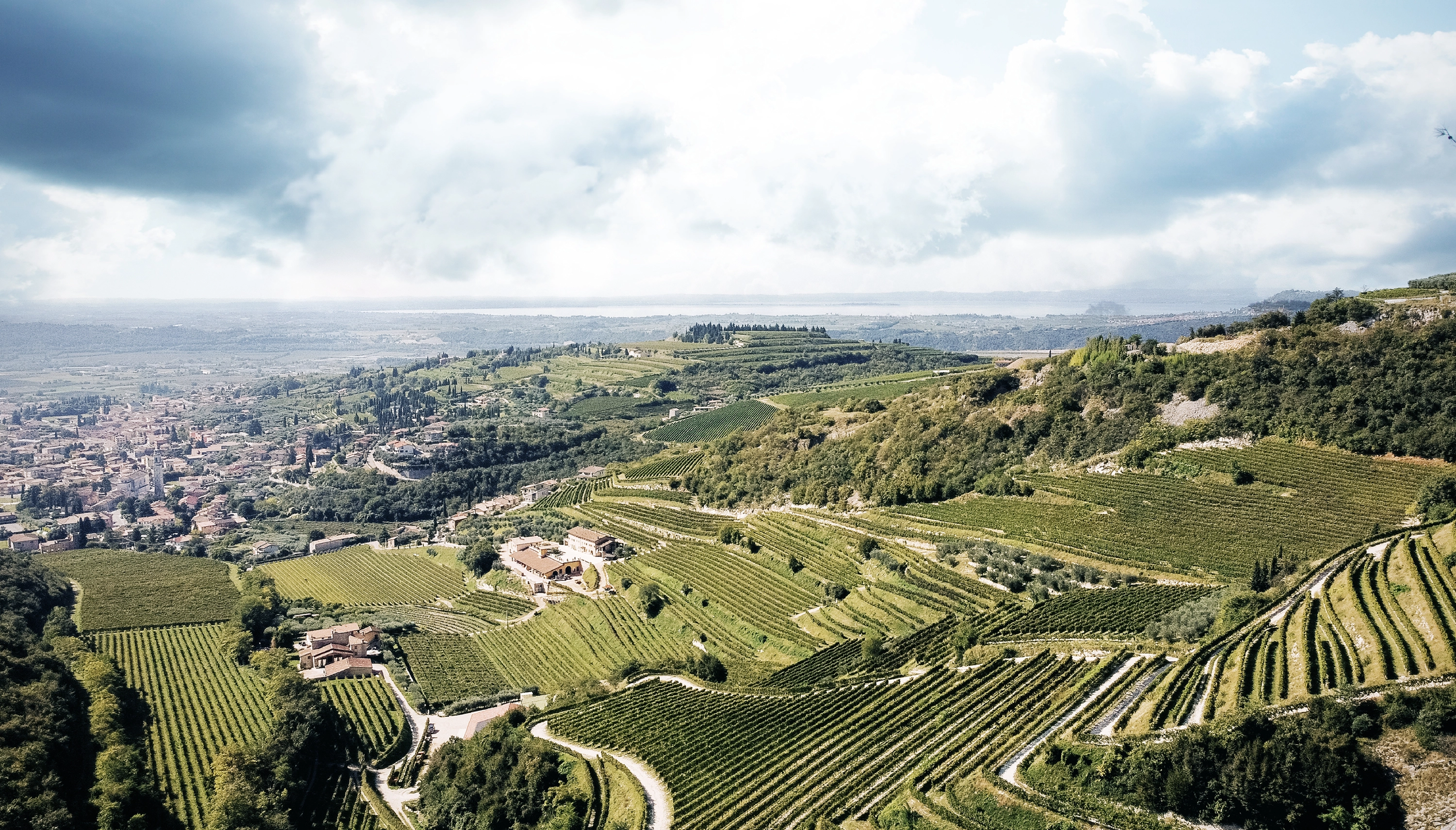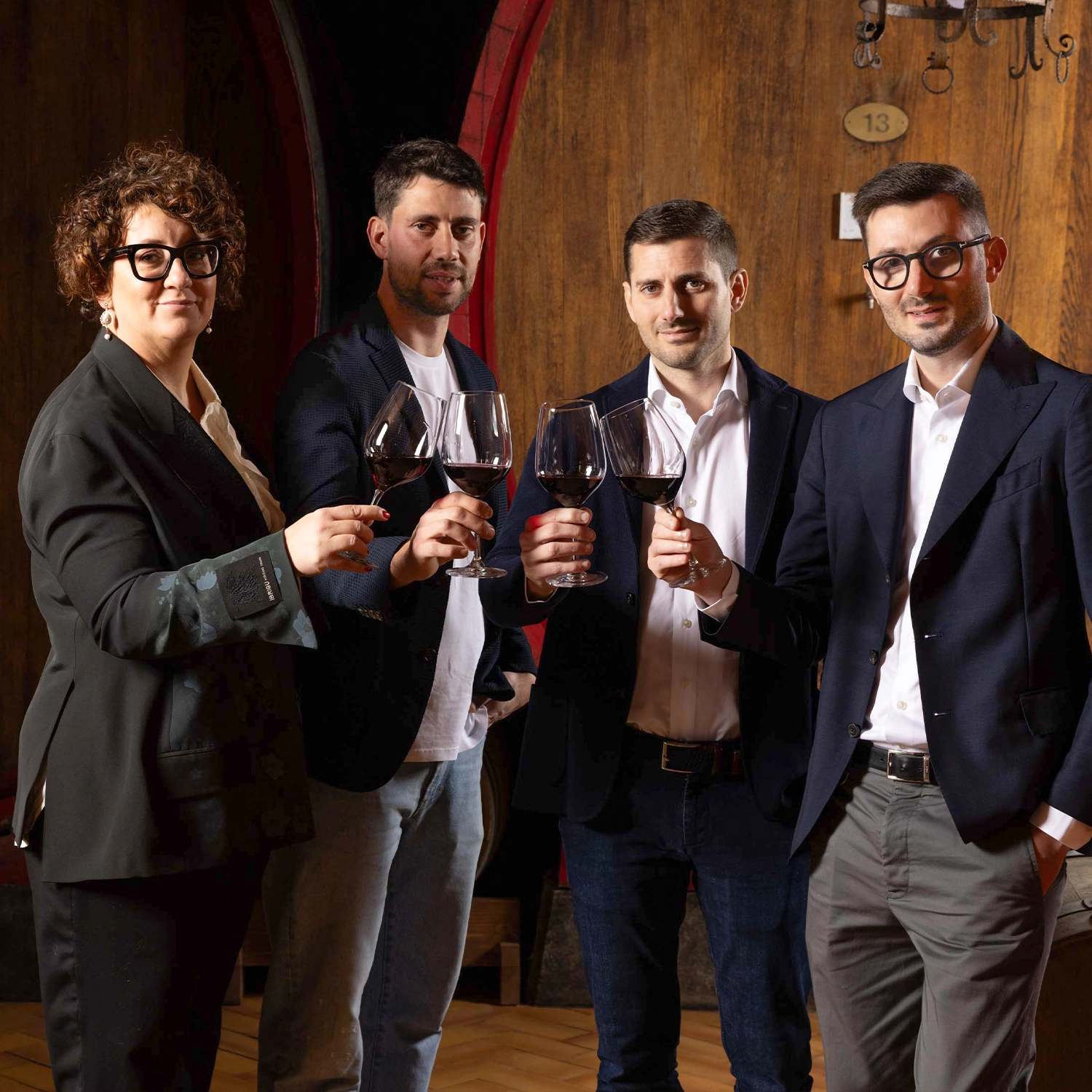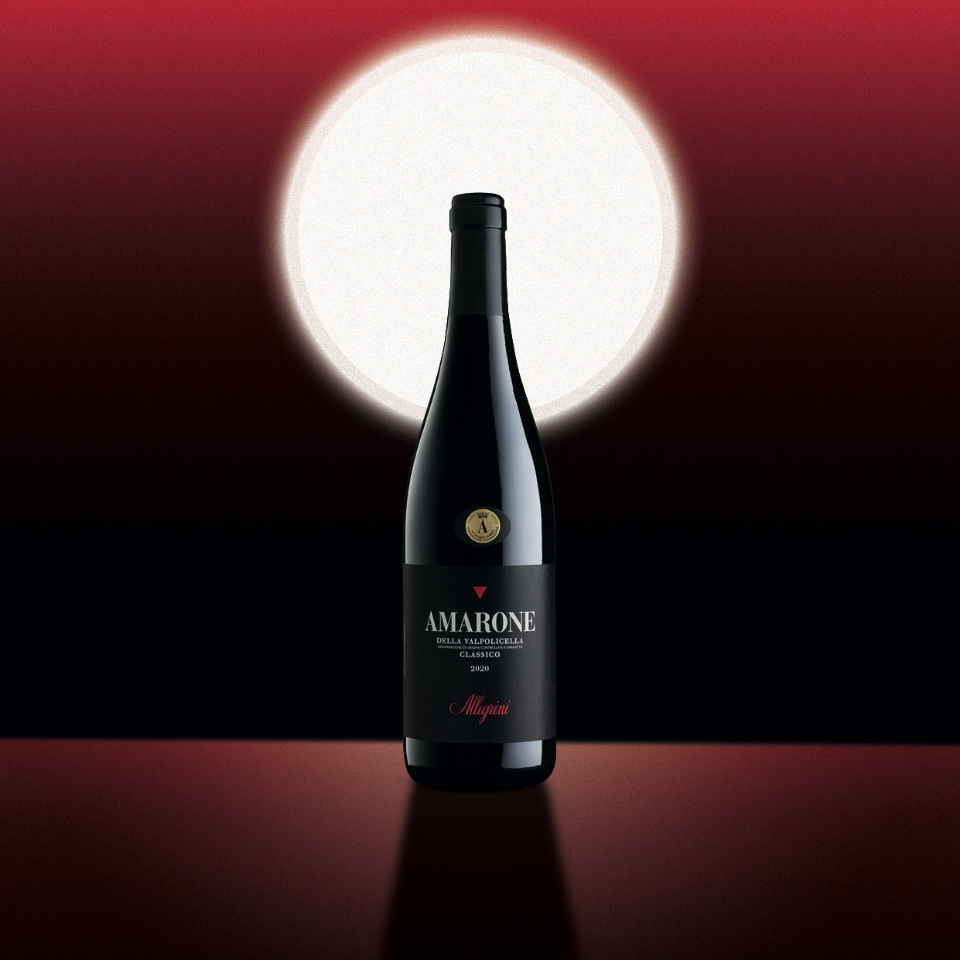
The Allegrini vineyards are located in three prestigious areas of Italian viticulture, namely Valpolicella, Lugana, and Soave. These vineyards dominate the landscape and produce wines that reflect the unique local terroir and style, with a focus on preserving the fruit’s integrity during the wine-making process. Starting from 2024, all of Allegrini’s wine-growing lands in Valpolicella Classica will be exclusively situated on hills. Since 1854, Allegrini has been an essential part of the history of Valpolicella Classica. The winery is located in Fumane, a province of Verona, and owes its existence to the intelligence and hard work of Giovanni Allegrini. In the 1960s, he transformed the agricultural practices of his ancestors into a thriving business, and was one of the first to prioritise quality over quantity. The innovations he introduced were pivotal to the rebirth of Valpolicella and form the basis of the distinctive “Allegrini” style that has gained international recognition.
Francesco, Giovanni, Matteo, and their cousin Silvia – the seventh generation of the family – hold significant positions in the Allegrini company management, including general management, cellar management, and international and external relations.

The exceptional quality of our raw materials and winemaking tradition are the reasons behind the success of our wines. They represent the entire region and embody a production philosophy rooted in tradition yet forward-looking.

© Allegrini Wines 2024. Tutti i diritti riservati.